The National Examination Council (NECO) is an examination board that conducts the Senior Secondary Certificate Examination and the General Certificate in Education for students in Nigeria in June/July and November/December respectively.
The Council is also responsible for conducting the National Common Entrance Examination (NCEE), and Basic Education Certificate Examination (BECE).
ESTABLISHMENT OF NECO
NECO was established by former Head of State Abdulsalami Abubakar in April 1999, The council was established to take over the responsibilities of the National Board for Educational Measurement (NBEM) which was created, in 1992, by the Ibrahim Babangida administration.
Before the establishment of NECO, the conduct of the Senior School Certificate Examinations (SSCE) had been exclusively reserved for the West African Examinations Council (WAEC), NECO, however, was to take exclusive charge of the conduct of the SSCE for school-based candidates while WAEC was to take charge of the same examination for private candidates.
However, some Nigerians saw its arrival as an opportunity for the choice of examination body for candidates to patronize, others doubted its capacity to conduct reliable examinations that could command widespread national and international respect and acceptability. Some others welcomed it for its potential, as a Federal Government parastatal, to offer subsidized registration to candidates, yet others queried even its legal status.
| Acronyms | Full Meaning |
|---|---|
| NECO | National Examination Council |
| SSCE | Senior School Certificate Examination |
| BECE | Basic Education Certificate Examination |
| NCEE | National Common Entrance Examination |
NECO Examinations
Senior School Certificate Examination (SSCE)
This is the examination taken by candidates in their last stage of Secondary School Education. SSCE is in two categories. One is for candidates in the third and final year of their senior secondary education and it is called SSCE Internal while the Second is SSCE External and is for candidates not in the School system, i.e. Private Candidates.
The minimum number of subjects a candidate can sit for is eight while the maximum is nine. The SSCE has seventy-six subjects which are grouped into the following six categories.
- Compulsory Cross-Cutting Subjects
- Science and Mathematics
- Technology
- Humanities
- Business Studies and
- Trade/Entrepreneurship.
Basic Education Certificate Examination (BECE)
To transit from the ninth year of the basic education class to the senior secondary, the BECE is conducted for candidates in their third year of Junior Secondary School. While each state of the federation and the FCT conducts the BECE for its candidates, NECO conducts the BECE for Federal Unity Colleges, Armed Forces Secondary Schools, and other Federal establishments operating Secondary schools. Private Secondary schools also take part in the NECO BECE provided they are permitted by their State Ministries of Education. Eighteen subjects are administered at the BECE level. A candidate is expected to sit for a minimum of nine subjects and a maximum of ten. A candidate is deemed to have passed the BECE if he/she has passed six subjects including English and Mathematics.
National Common Entrance Examination (NCEE)
This examination is administered to pupils in their 6th year of basic education. The purpose of this examination is to select the best candidates from every state of the federation and the Federal Capital Territory (FCT) for admission into Federal Unity colleges. These Colleges are Secondary schools owned by the Federal Government of Nigeria. Their objective is to foster unity amongst the children of NIGERIA. One is held annually. The result of the first examination determines candidates that qualify for a second examination based on cut-off marks for each state. The result of the second examination qualifies candidates for admission based on merit, equal state quota, and environmental considerations.
READ ALSO:
▶ List of Federal Universities in Nigeria and their Locations
▶ State Universities in Nigeria and Their Locations (Approved List)
▶ List of Private Universities in Nigeria and their Locations

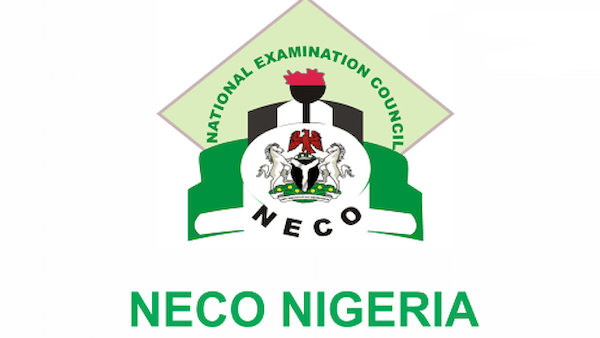
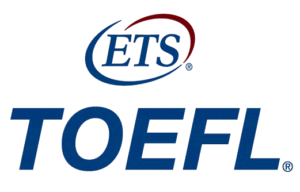
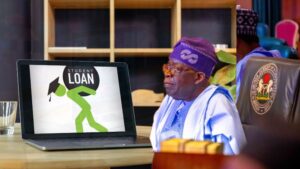
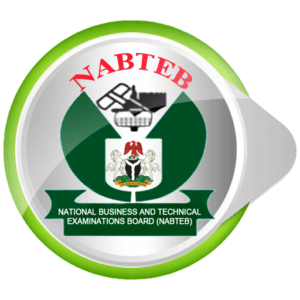
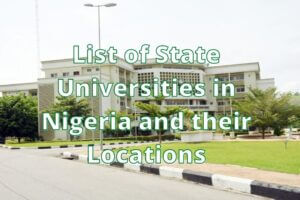
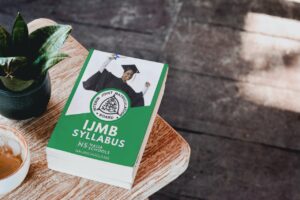
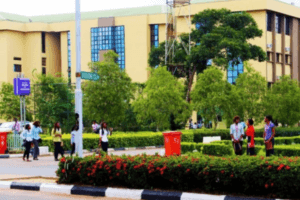
Government secondary school jalingo maiha
YASIR ARFT HARUHA
Shehumasaudu6@gmail.com
Results please